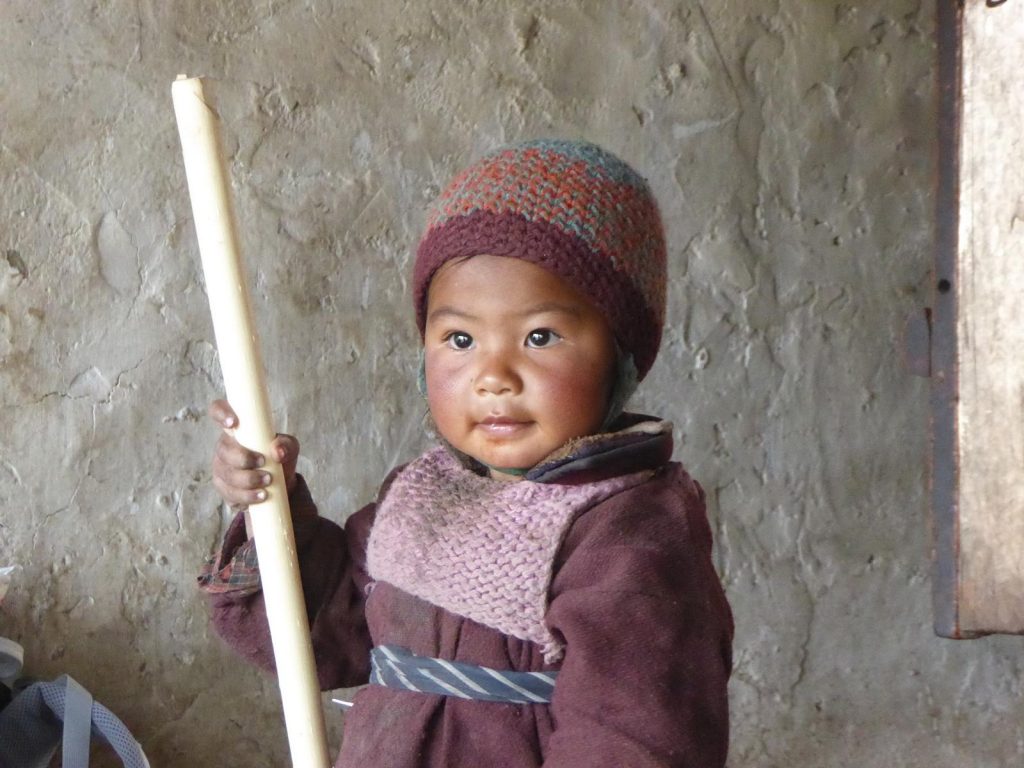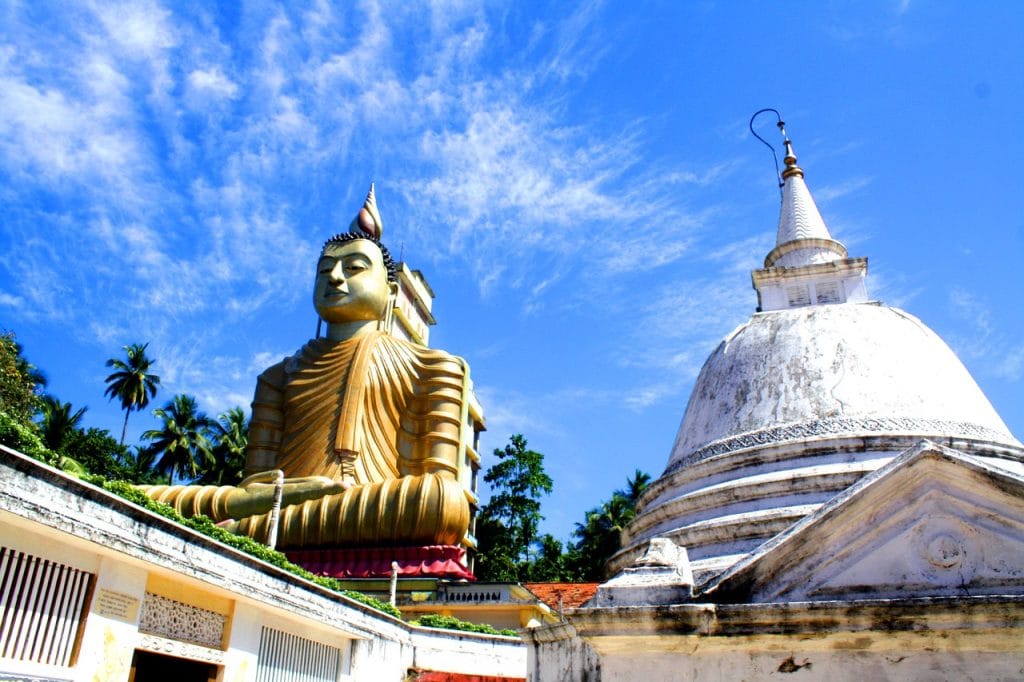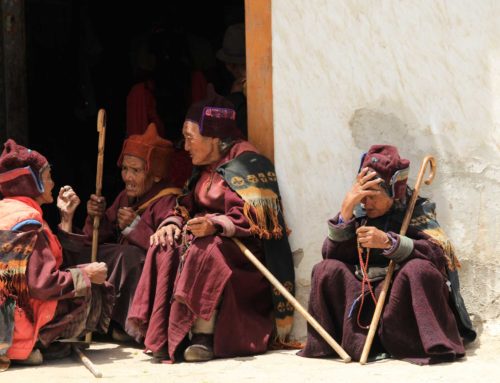A trip needs planning, especially when the destination is a remote and exotic country, like for example Sri Lanka. The two most relevant questions are of course: do you need a visa? And do you need special vaccinations? Here you will find the most important information to consider before your trip to the beautiful island of Sri Lanka.

You should prepare some things before enjoying the beaches of Sri Lanka. But don’t worry, it’s nothing complicated …
Before flying to Sri Lanka:
Health and entry requirements
Entry & Visa
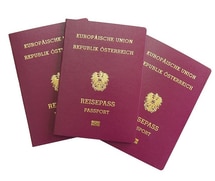
Citizens of the European Union, Switzerland and Canada planning a trip to Sri Lanka need evidently a passport valid for at least 6 months. A classic travel visa is not required to enter Sri Lanka, but you must apply for an Electronic Travel Authorization (ETA), which in effect is almost the same. The online application is short and simple, and you can find it here: https://www.eta.gov.lk/slvisa/. All you have to do is fill out the form in the website and pay 35 USD with a credit card (Visa, Mastercard or American Express). Within 24 hours you will receive a confirmation email with the approval of your ETA for Sri Lanka. This visa-like permit is valid for 30 days, starting from the date of arrival in Sri Lanka.
If you forgot your ETA at home and land in Sri Lanka without it, don’t panic! You can also apply for it directly at the airport. It just costs a few dollars more than before. You must of course also have a valid return ticket. If you enjoy your holidays in Sri Lanka so much that you want to extend your stay, once you have reached the 30-day deadline, then this is also possible: you will need to go to the Immigration Office, located in Colombo. There you can get a permit for up to 90 days. But beware: you have to go to the office at least eight days before the end of your ETA.
Health & Vaccinations

There are no compulsory vaccinations required by law (as long as you are not arriving from a yellow fever endemic country). However, we would recommend you to at least consider vaccinating against hepatitis A + B, diphtheria and tetanus. For people in a risk group additional vaccinations against typhoid fever, rabies, measles and Japanese encephalitis might be recommended. It is always a good idea to get direct advice from a doctor or ask at your local Institute of Tropical Medicine.
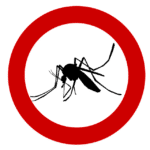 The annoying mosquitoes: Malaria & Dengue
The annoying mosquitoes: Malaria & Dengue
Sri Lanka is officially malaria free since 2016, so you don’t have to worry about that. However, mosquitoes can also transmit dengue fever. Therefore, you should try to protect yourself from mosquito bites with repellents and mosquito nets.
Other important health rules
Those who travel far and away and find themselves trying exotic new dishes and spices should always pay close attention to their reactions and digestion, especially in tropical climates. Those with sensitive stomachs should be especially careful when eating, and drink only water from safe sources or that has been cooked.

New food colors, shapes and aromas can be very seductive, but you shouldn’t eat everything you see!
Therefore:
- Drink only bottled mineral water with an intact cap, or boiled, filtered or otherwise sterilized water
- No ice cubes!
- Observe a basic rule: cook it, fry it, peel it… or forget it!
HIV / AIDS is common in Sri Lanka. As you know, it can be transmitted through blood contact and sexual intercourse, so please always make sure to use condoms and sterile disposable syringes and needles.
The sun shines intensely in Sri Lanka. Take care of your eyes and skin: use good quality sunglasses and sunscreen with an appropriate protection factor.
Would you like to visit Sri Lanka? You can find additional information about Sri Lanka here: Destination Sri Lanka
We can also prepare a personalized trip adapted to your needs and wishes. Just write us: Mail

